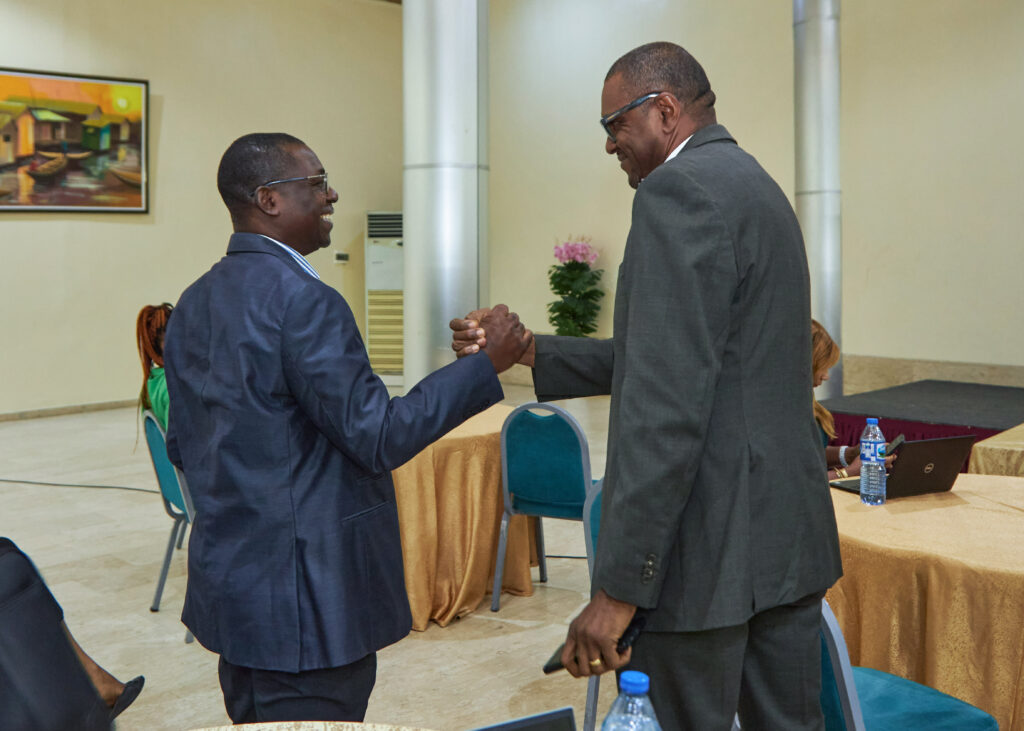
Gender equality is a fundamental prerequisite for social justice and sustainable development. This was a core premise of the Beijing Declaration and Platform for Action for realising the rights of women and girls. Twenty-five years on, it still resonates when we consider women’s limited access to good-quality health care services in many countries, and the challenges they face when dealing with a health system – be it for maternal and child health, infectious diseases, mental health or cancer.
The reality is that gender inequalities shape health, with outcomes for women’s cancers prejudiced by gender, where a woman lives, and her social and economic status. Cervical cancer is just one example. Currently, every 2 minutes a life is lost to this disease. The fact that nearly 9 of 10 these deaths are women in low- and middle-income countries, reflects the flagrant gap in access to information and services.
If we hope to close the gender equity gap in cancer, we must demonstrate beyond words that the lives of women and girls really are equal, wherever they live.
There are reasons to be hopeful. At all levels, the needs of women and girls are driving sustainable solutions.
Critical to achieving people-centred solutions is the meaningful involvement of women and girls as leaders, patients, carers, mothers, and daughters in every phase of developing and planning services. In Tbilisi, Georgia, we are proud to be working with community leaders and patient advocates like Anna Mazanashvili, who leads the Europa Donna Georgia patient organization and Eka Sanikidze, the Head of the Cancer Care Group for the Georgian Patients’ Union who have been leading efforts to connect City Cancer Challenge (C/Can) with patients in Tbilisi to provide a platform to voice their challenges, share their needs and shape locally-led solutions.
Cities are also making concerted efforts to create solutions that meet local needs. Cali, Colombia, is taking bold moves to address the needs of women and girls in their community, and has leveraged the political will and momentum created by C/Can to reactivate human papillomavirus (HPV) vaccination in the city, achieving levels close to 75%, the highest in the country. Screening is also being strengthened, reducing waiting times and enhancing the quality of services. In parallel, health professionals have worked in close collaboration with C/Can’s partners such as the American Society of Clinical Oncology (ASCO), the Oncology Nursing Society / the International Society of Nurses in Cancer Care (ONS/ISNCC), and the American Society for Clinical Pathology (ASCP), among others, to develop quality treatment guidelines.
Soon, these efforts may be bolstered by a global commitment to eliminate cervical cancer. In May this year, governments will convene at the World Health Assembly in Geneva where they will consider a resolution to adopt the WHO’s Global Strategy towards the Elimination of Cervical Cancer as a Public Health Problem with the aim of achieving global coverage of 90% HPV vaccination, 70% screening and 90% treatment by 2030. Here is another opportunity to unite action around a common goal with the real possibility of eliminating cervical cancer within the lifetime of today’s young girls.
Twenty-five years on from the groundbreaking work in Beijing, and on this International Women’s Day, our mandate is clear – to take a gender-sensitive, evidence-based approach to cancer solutions that will help ensure no-one is left behind in accessing quality cancer care.
Dr Susan Henshall
CEO, City Cancer Challenge





